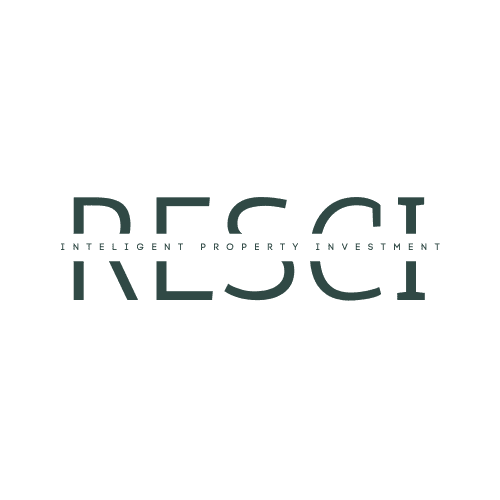Introduction
As South Africa approaches a potential rate hike in the coming months, the property investment landscape is poised for significant shifts. This blog post aims to provide a comprehensive outlook on property investment in South Africa, backed by relevant articles and expert insights.
Understanding a Rate Hike
A rate hike, an increase in the interest rates set by the South African Reserve Bank (SARB), can impact borrowing costs, affecting both property prices and rental yields. According to Reuters, the SARB is projecting inflation to average 6.0% in 2023, indicating a potential for further rate hikes.
Positive Outlook Despite Challenges
Despite the anticipated rate hike, the outlook for property investment remains positive. As reported by ooba, the property market in South Africa is in good health despite inflation and rising interest rates. This resilience and strong demand for quality properties in prime locations suggest a thriving market.
The Importance of Stress Testing Your Deals
Before investing, it's crucial to stress test potential deals. This involves analyzing how your investment will perform under various economic scenarios, including higher interest rates.
How to Stress Test Effectively:
- Evaluate Cash Flow: Ensure that your property can generate enough rental income to cover mortgage payments, even with higher interest rates.
- Consider Vacancy Rates: Factor in potential vacancy periods and their impact on your cash flow.
- Analyze Market Trends: Understand how local market trends might affect property values and rental demand.
- Plan for Contingencies: Set aside a contingency fund to cover unexpected expenses or periods of financial strain.
Investing Through Real Estate Investment Funds
For those wary of direct property investment, real estate investment funds offer an attractive alternative. These funds are managed by professionals who invest in a diversified portfolio of properties.
Advantages of Real Estate Investment Funds
- Diversification: Spreads risk across various properties and locations.
- Professional Management: Leverages the expertise of seasoned real estate professionals.
- Liquidity: Easier to buy and sell compared to physical properties.
- Access to Larger Deals: Allows individual investors to participate in larger, potentially more lucrative deals.
The potential rate hike in South Africa's economic landscape presents both challenges and opportunities for property investors. By conducting thorough stress tests on potential deals and considering alternative investment vehicles like real estate investment funds, investors can navigate this period with confidence. The key is to stay informed, be prudent in your investment choices, and seek professional advice when needed. With the right approach, the South African property market continues to be a promising avenue for investment growth and success.

